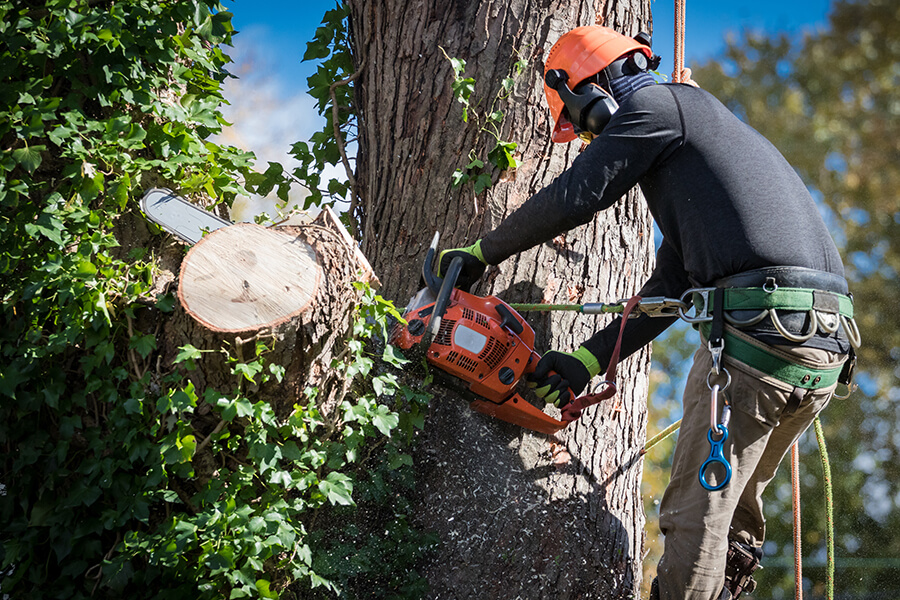“Hazard Pay” has been one of the top terms of 2020, right after, “Stay Home”. So, what are the rules for hazard pay anyway.
The U.S. Department of Labor defines hazard pay as “additional pay for performing hazardous duty or work involving physical hardship.” Per the DOL, physical hardship is work duty that leads to extreme physical discomfort and distress that is not properly alleviated by protective equipment.
Are employers required to give hazard pay?
The Fair Labor Standards Act — which is the primary federal law that governs wage-and-hour standards for most private-sector jobs — does not require hazard pay. However, other federal regulations require hazard pay for federal workers who perform specific types of dangerous work.
Although no state law currently requires hazard pay for private-sector employees, a few local governments mandate hazard pay for some government workers. Moreover, in response to the COVID-19 pandemic, some private-sector employers have chosen to provide hazard pay.
In an April 2020 poll by WorldatWork, “26% of surveyed employers said they are planning to provide hazard pay” to employees who work on-site during the COVID-19 pandemic. Those who aren’t planning to provide hazard pay said they will instead offer perks such as meals and day care options.
Who normally gets hazard pay?
A list of hazardous work for federal employees can be found in the Code of Federal Regulations, Appendix A to Subpart 1 of Part 550.
With regard to COVID-19, “essential frontline workers” are the most likely to get hazard pay. These are employees who work in essential industries and must physically show up for work, even during a pandemic.
What legally constitutes “essential frontline workers” for COVID-19 purposes is decided by federal, state or local legislators. That said, “essential frontline workers” usually include:
- Health care workers, such as doctors, nurses and emergency responders.
- Pharmacists.
- Firefighters.
- Postal service workers.
- Law enforcement members.
- Grocery store workers.
- Food processors.
- Delivery drivers.
- Maintenance workers.
- Warehouse workers.
In terms of COVID-19, offering hazard pay makes sense if employees’ jobs put them at a high risk of contracting the virus. As noted in an article published by the Society for Human Resource Management, “Hazard pay might be a good choice for public-facing jobs, where employees may not be able to observe social distancing.”
Employees who work from home are in low-risk environments. They are not essential frontline workers, so there’s no legitimate reason for giving them hazard pay.
What is the rate of hazard pay — and how long does it last?
For federal employees, additional pay for hazardous work cannot be more than 25% of the employees’ base pay. Private-sector employers set their own hazard pay rates, usually as cash incentives or spot bonuses. According to media reports, some restaurant and grocery store workers have received an extra $2 or $3 per hour in hazard pay.
Hazard pay can be short term, with a specific ending date, or it can be ongoing, with no expiration date. Some employers keep providing hazard pay as long as sales remain strong or until the threat or risk of exposure significantly declines.
To avoid discrimination claims, employers that give hazard pay should apply the policy consistently across all similarly situated employees.
Copyright 2025
Why Atlantic Payroll Partners
The biggest payroll companies probably won’t have time for your business. It’s that simple, you’ll be a number. At Atlantic Payroll Partners, you’ll be the opposite. We’ll know more than your name; we’ll know the names of your children and their birthday’s as well. We will know you.
We’ve been helping Florida business by managing their payroll and providing workers' compensation quotes for ten years. We help keep payroll cost affordable by provided transparent PEO payroll quotes that allow you to plan your budget accordingly. Like the big payroll companies, you can manage your payroll and payroll timekeeping with us, while reaping the benefits of PEO risk management.
Thinking about payroll outsourcing can be scary. Make sure you know what to expect from payroll outsourcing providers; to make the best decision for your business. In addition to offering payroll, and workers' comp quote we offer: Human Resource consultations, Accounting services, and benefits such as, 401ks and Healthcare plans.
